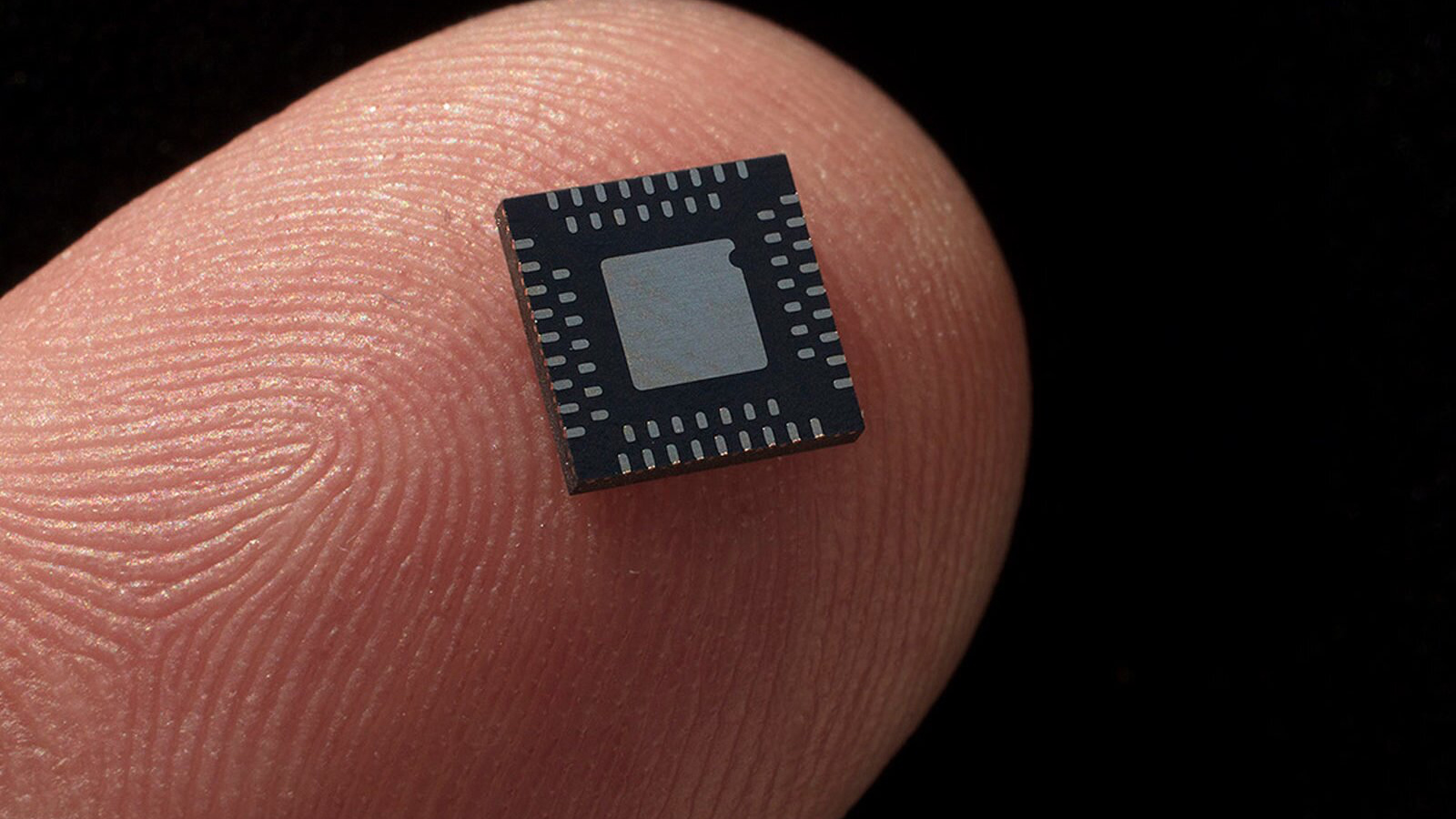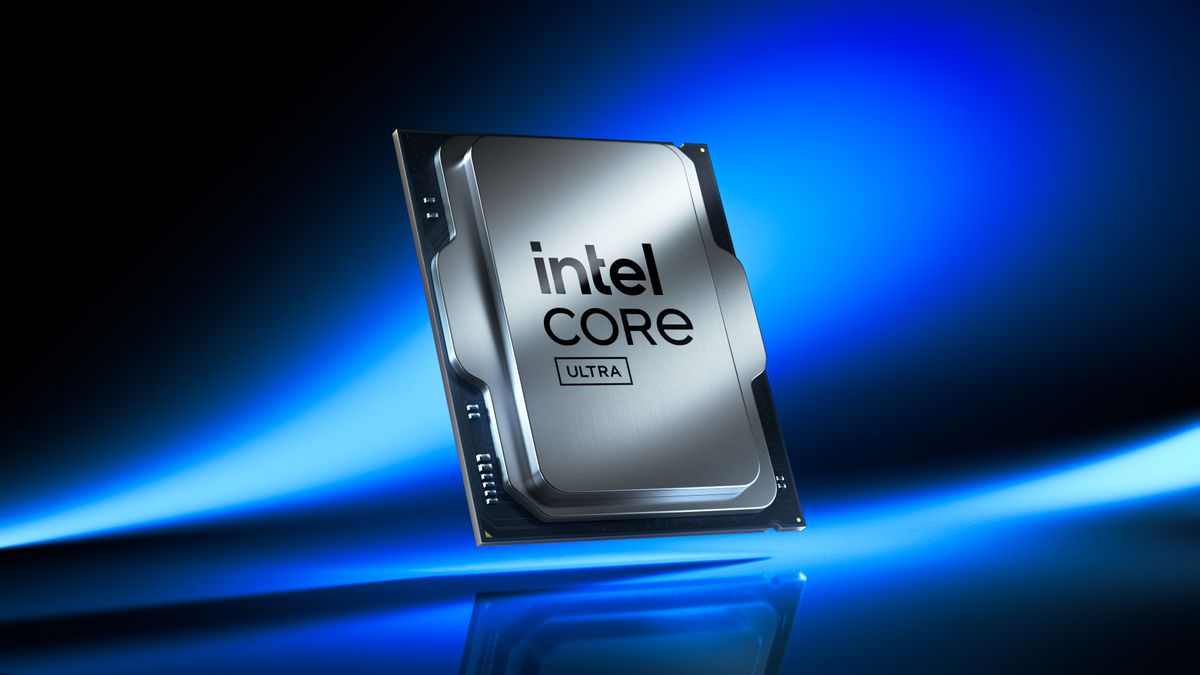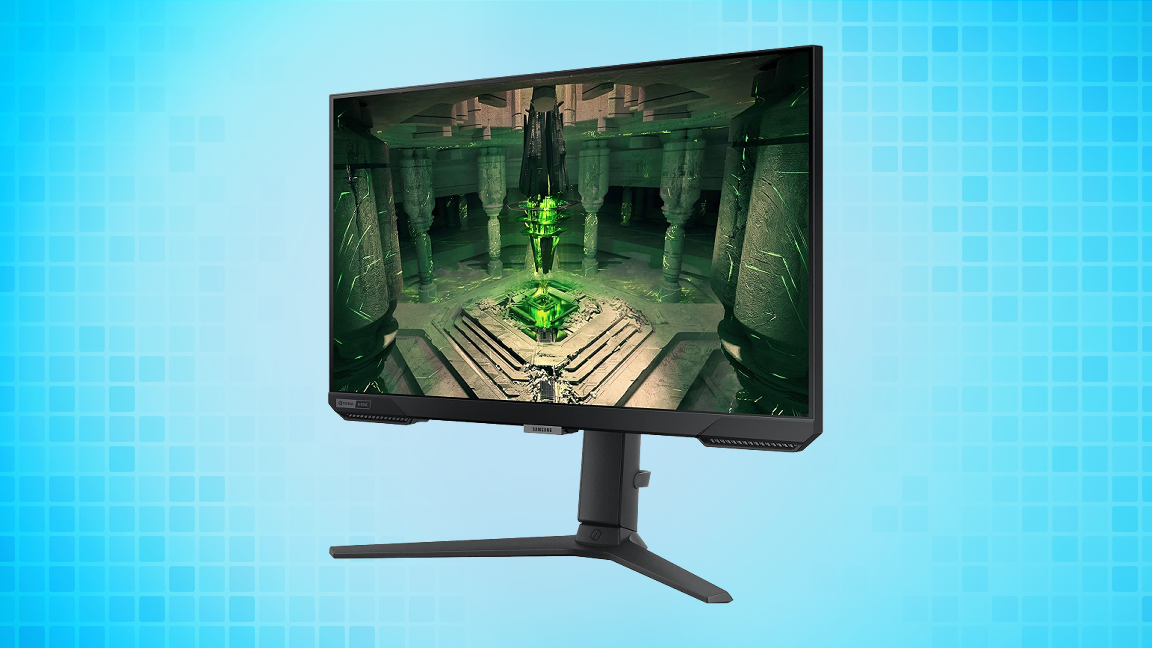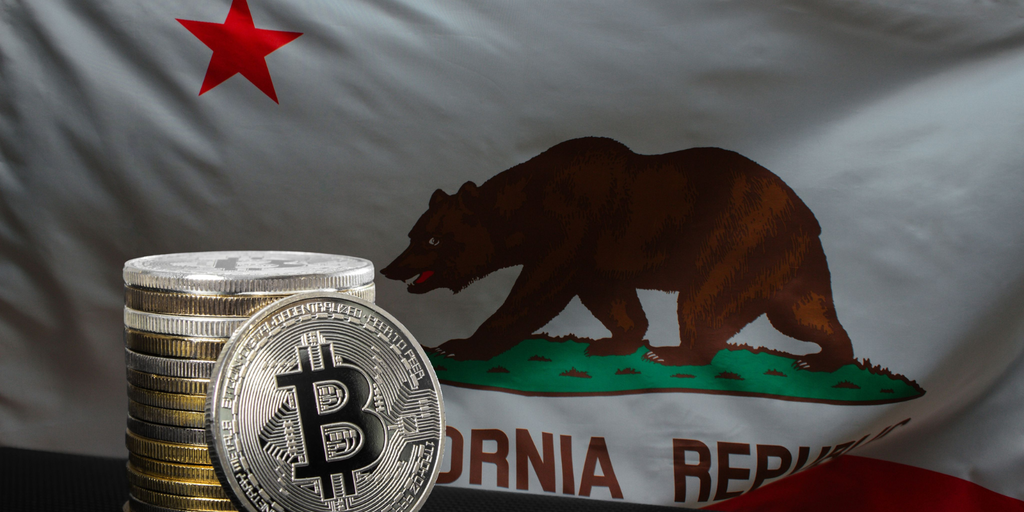President Donald Trump announced he will introduce new tariffs specifically aimed at semiconductors next week, Reuters reports. Trump noted that there would be 'flexibility' for some companies in the sector, which probably means that some companies will not have to pay tariffs at all, or pay less than others.
"We wanted to uncomplicate it from a lot of other companies because we want to make our chips and semiconductors and other things in our country," Trump told reporters aboard Air Force One.
While certain electronics, such as smartphones and laptops, were recently exempted from broader duties on Chinese imports, this grace period now appears temporary as new penalties are expected to follow within two months. Trump did not commit to permanent exemptions for popular consumer devices and emphasized the need for trade actions to benefit U.S. producers.
"We are taking a look at semiconductors and the whole electronics supply chain in the upcoming National Security Tariff Investigations," Trump posted on social media.
Howard Lutnick, the commerce secretary, elaborated on Sunday that the administration will impose a separate batch of tariffs on semiconductors, smartphones, computers, and pharmaceuticals within one or two months. These will be distinct from the so-called reciprocal tariffs already in place, under which import taxes on Chinese goods surged to 125% in the previous week. Lutnick said the upcoming measures are tailored to target critical technologies and aim to pressure firms to relocate production to the USA.
The exemptions announced days earlier had generated hope among tech companies that products like memory chips, displays, and PCs might avoid penalties. The U.S. Customs agency released a list late Friday that included 20 product categories cleared from the new tariffs, at least temporarily. However, Trump’s latest comments suggest this window may soon close as separate tariffs are prepared for specific sectors.
China reacted quickly to the U.S. escalation, raising duties on American imports to match the 125% rate. However, China relieved imports of chips developed by American companies and produced in Taiwan, which allowed China's industries to keep operating without any stress. China also said it was reviewing the semiconductor exemptions granted on Friday, signaling potential changes to its own tariff strategy.
Trade officials reportedly defended the U.S. administration's direction while signaling that new trade agreements were being explored with countries other than China. Trade Representative Jamieson Greer stated that the U.S. is pursuing deals with regions such as the European Union, Japan, India, and South Korea. However, he noted that no dialogue with Chinese President Xi Jinping was currently planned, and he blamed Beijing for escalating trade tensions.











 English (US) ·
English (US) ·